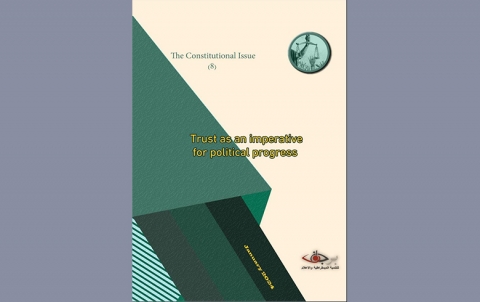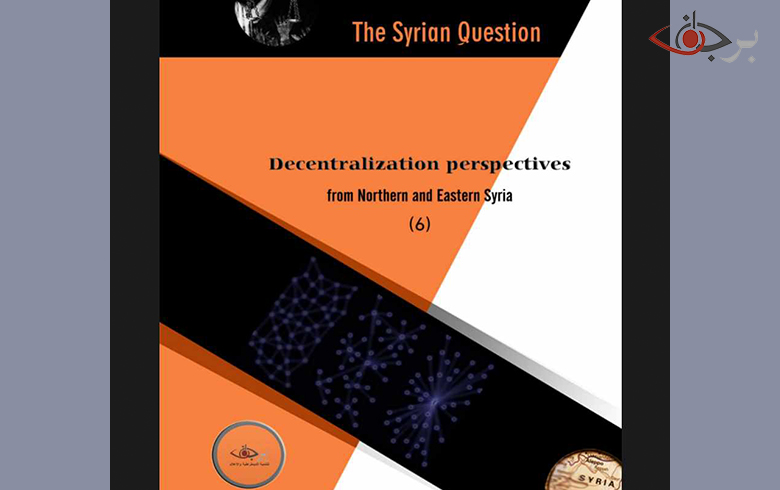
Decentralization perspectives from northern and eastern Syria
According to the following paper, there is a wide gap between Legislative Decree (107), and what is people’s demands and requirements, in both Eastern and Northern Syria.
There are some who believe that Decree 107 does not answer Syrian demands, especially considering the country’s devastation, the disintegration of the social fabric, and the conflict of interests.
According to both male and female respondents, Decree No. (107)( ), in addition to not meeting the demands of the movement, is also incapable of addressing Syrian issue, one that has political, human, national, and legal dimensions. This reiterates the question of decentralization, which that fulfills the purpose and answers Syrian demands. A decentralized approach also better addresses the various imperfections in Decree 107, whether it be the text itself, its amendments, or the deficient application that increased its shortcomings when meeting people’s needs.
According to everyone at Bercav, responsibility should be thought of nationally, and the Syrian government should favor a structure of governance in favor of equality, just development and dignity, both on a local and a national level.
When discussing governance in Syria, three administrative bodies jump to the surface, bodies that were not consensually agreed upon, but rather imposed by circumstances since (2011). Therefore, amending the situation, organizing the country’s resources, and answering to the demands of the people require thinking more broadly than (107). Moreover, statistics show that the overwhelming majority leans towards political decentralization, while an increasing number of people seem to consider expanded decentralization. All in all, data show that good governance, democracy and the rule of law can be strengthened through “political” and “expanded” decentralization.
Consequently, respondents believe that a sustainable peace-making process requires involving local communities in decision-making, empowering them through self-governance and giving them the liberty to determine and estimate financial budgets.
This paper indicates that thinking from the bottom-up is the best way to achieve progress. This, we believe, is the only approach capable of meeting the interests of the local population in all its diverse and numerous identities.
https://drive.google.com/file/d/1cXp-kZwpsNQSlrwF-FIRNVK9MBDjJ3EV/view?usp=sharing
-
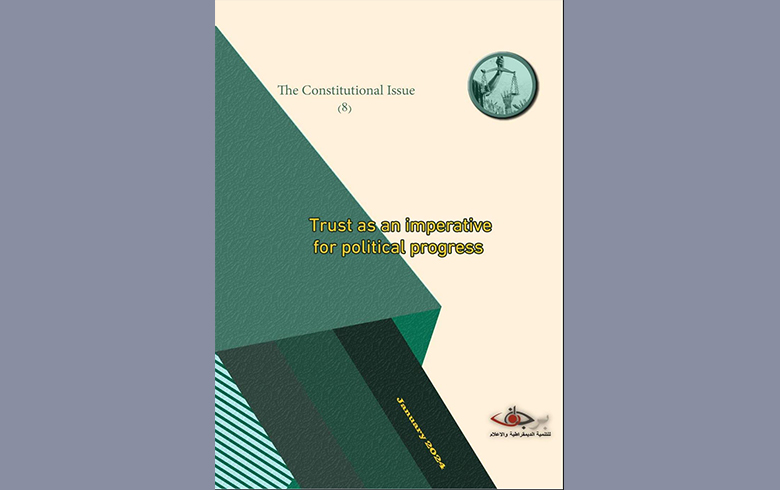
trust as an imperative for political progress
Jan 27 2024 -

Decentralization perspectives from northern and eastern Syria
Aug 20 2023 -

لماذا استحقت شجرة الزيتون يوماً عالمياً للاحتفاء بها؟
Nov 27 2020 -
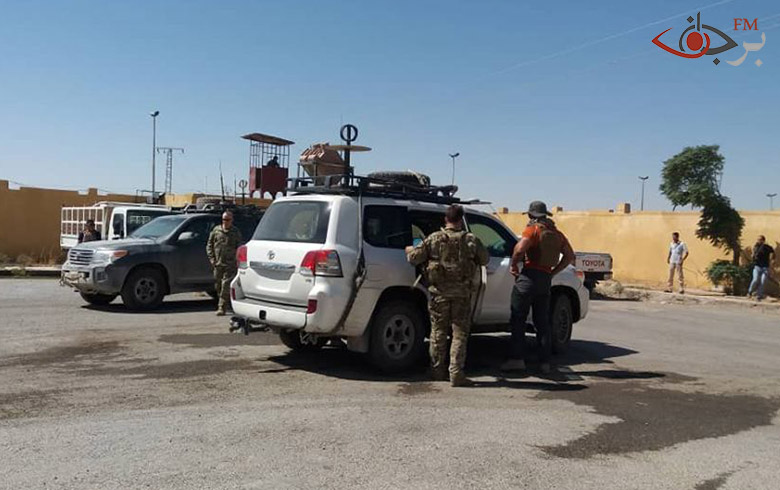
MacGorek, and a delegation from the coalition meets with the Civil Council for tenderness in Raqqa
Aug 15 2018 -
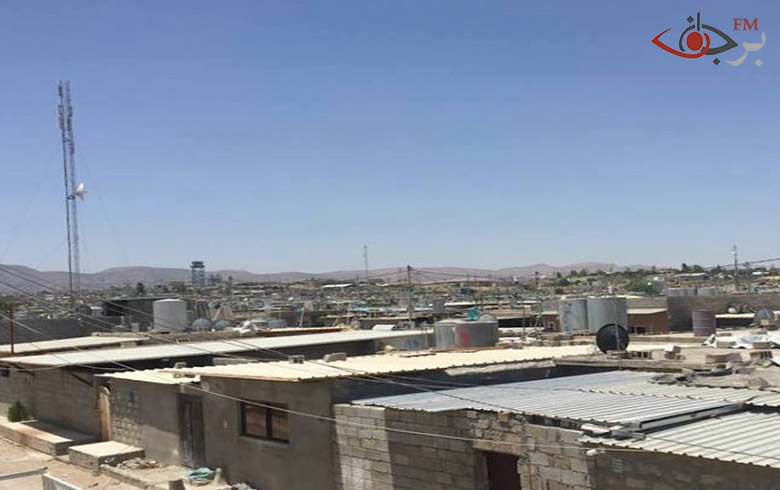
Despite the difficult conditions, the refugees of ‘’Barika’’ refugee camp in ‘’Sulaymaniyah’’ are facing the hardships of life on their own
Aug 06 2018 -

Is the Syrian civil society in front of the sorting moments?
May 07 2018 -

International Day of Press Freedom
May 02 2018 -

On the occasion of the Kurdish press day
Apr 21 2018 -

Variations in the visions of the Kurds about American strikes
Apr 16 2018 -

Concerns about the family disintegration of refugees
Apr 03 2018
-

Despite the difficult conditions, the refugees of ‘’Barika’’ refugee camp in ‘’Sulaymaniyah’’ are facing the hardships of life on their own
Aug 06 2018 -

MacGorek, and a delegation from the coalition meets with the Civil Council for tenderness in Raqqa
Aug 15 2018 -

Is the Syrian civil society in front of the sorting moments?
May 07 2018 -

لماذا استحقت شجرة الزيتون يوماً عالمياً للاحتفاء بها؟
Nov 27 2020 -

International Day of Press Freedom
May 02 2018 -

Afrin In the face of the bombing
Feb 08 2018 -
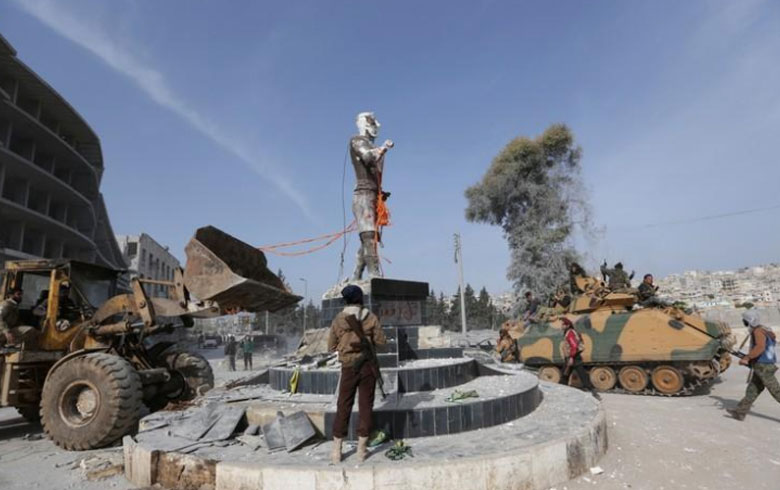
Kawa fall... The Fall of Kardagh
Mar 18 2018 -

The Sochi conference. Kurdish!
Jan 31 2018 -

Our need for unity of will
Sep 06 2014 -

On the occasion of the Kurdish press day
Apr 21 2018

